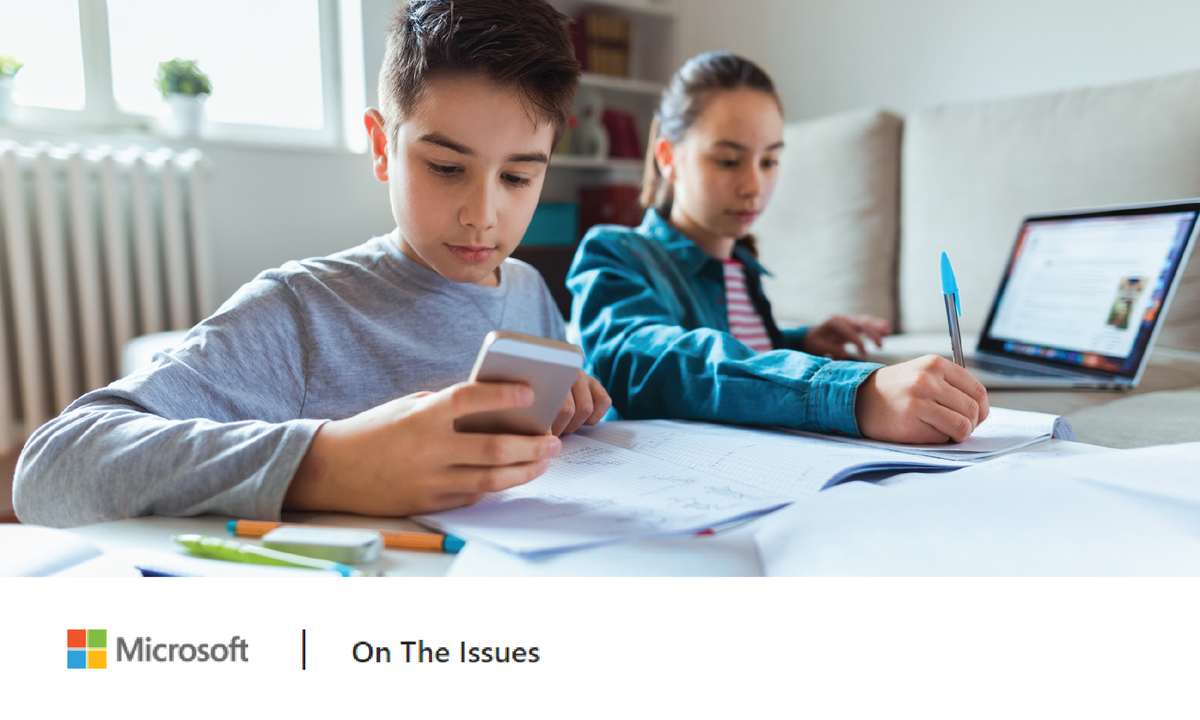Microsoft's Digital Civility Index stands at 70%, the highest reading of perceived online incivility since the survey began in 2016, and the first time the DCI has reached the 70th percentile. Moreover, the equally troubling trends of emotional and psychological pain – and negative consequences that follow online-risk exposure – both also increased significantly.
Physical appearance and politics are the primary drivers of online incivility, with 31% of all respondents pointing to both of these two topics as problematic. Sexual orientation was close behind at 30%, while religion and race came in at 26% and 25% respectively. On the plus side, according to this latest study, people seemed encouraged by the advent of the new decade and what the 2020s may hold in terms of improved online civility among all age groups.
Read more at Microsoft On The Issues.



















